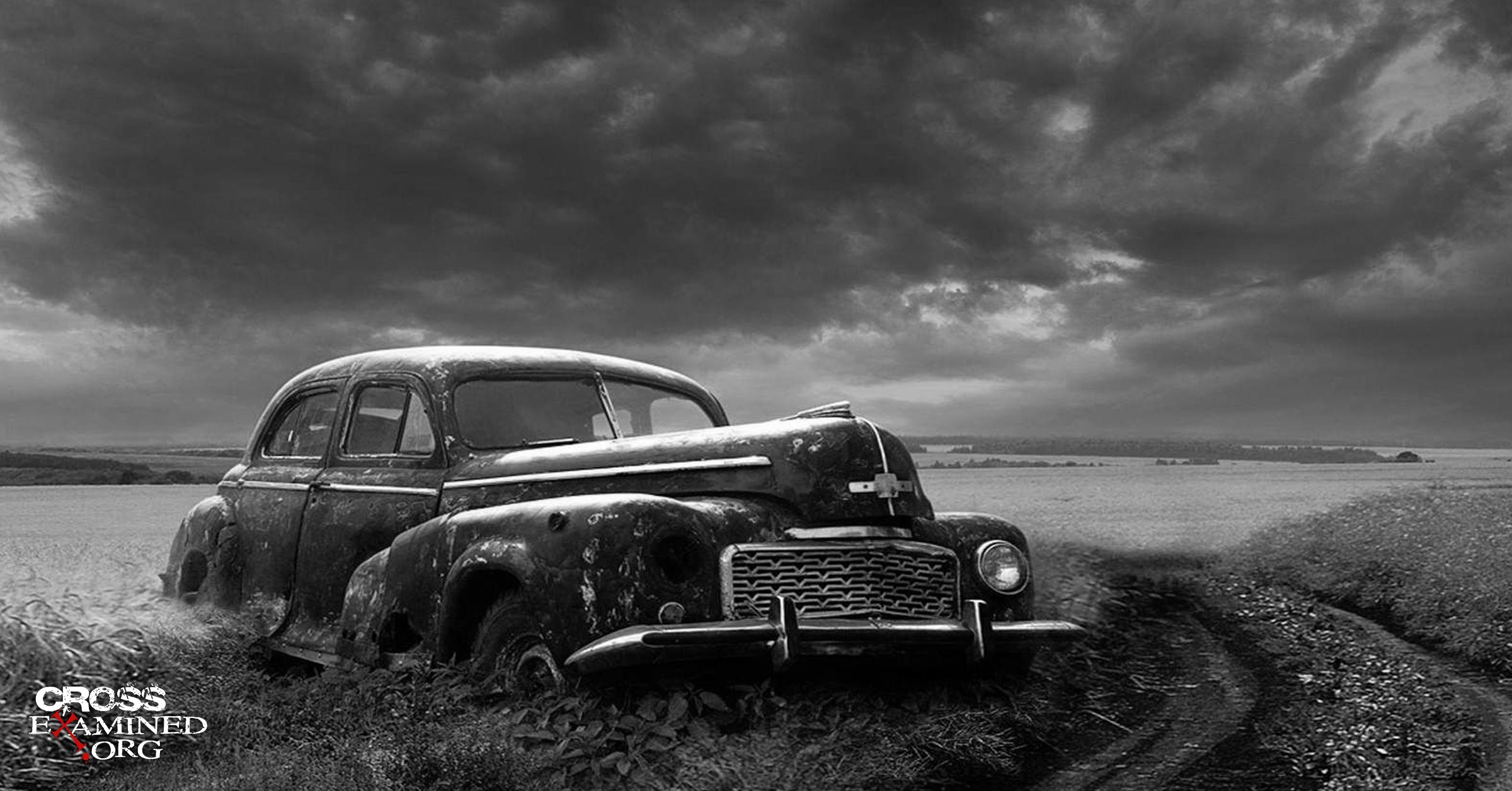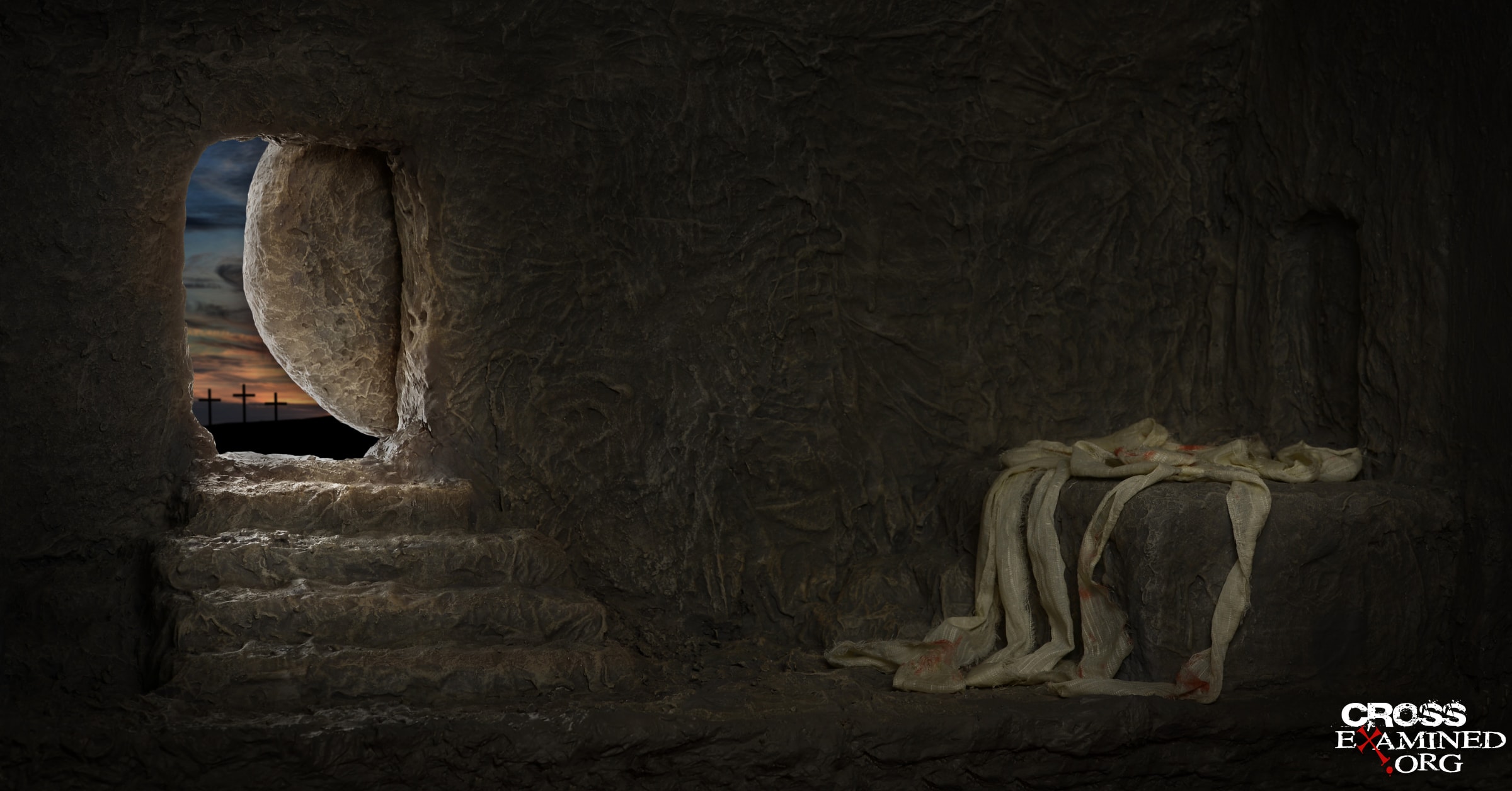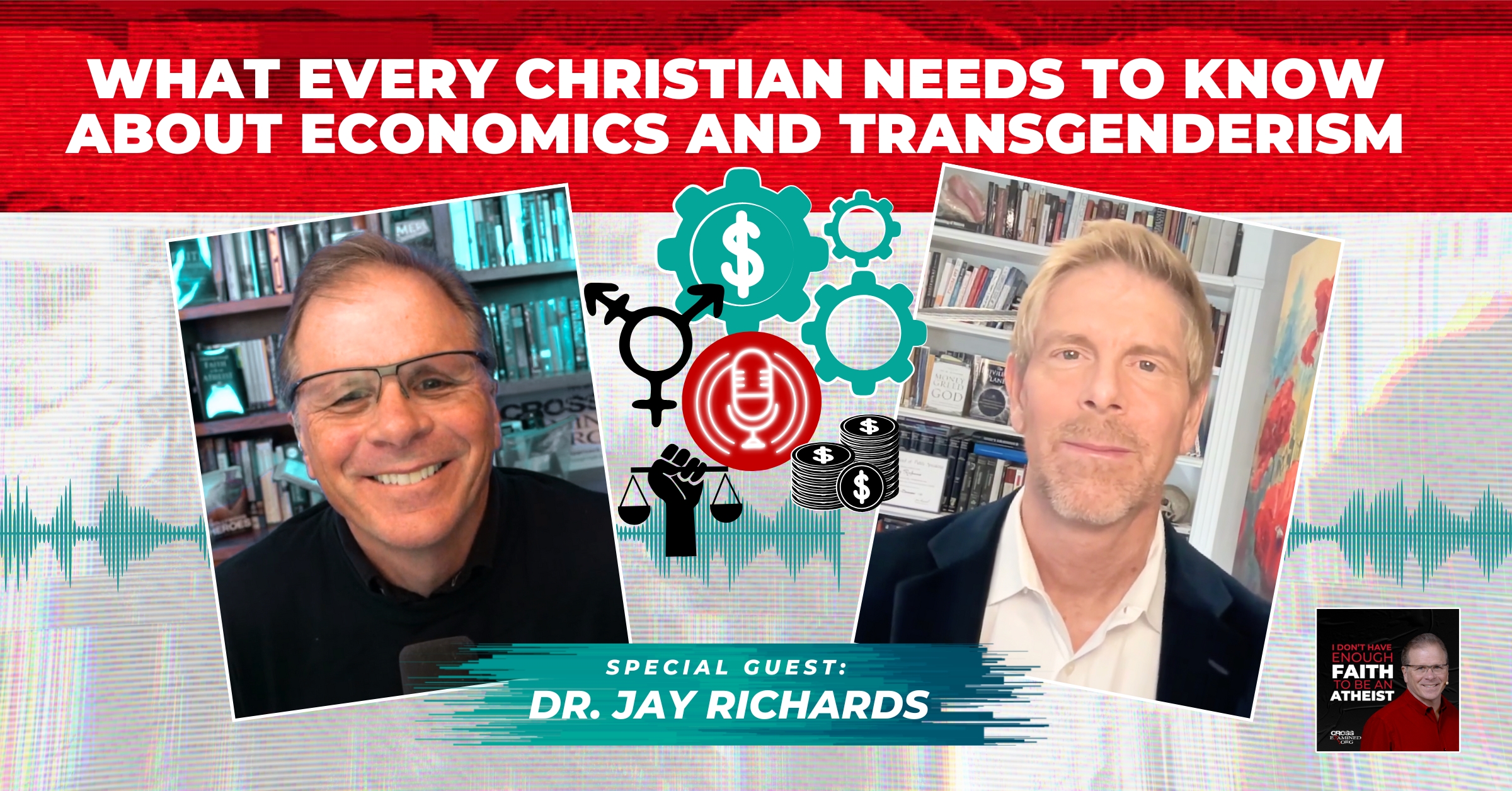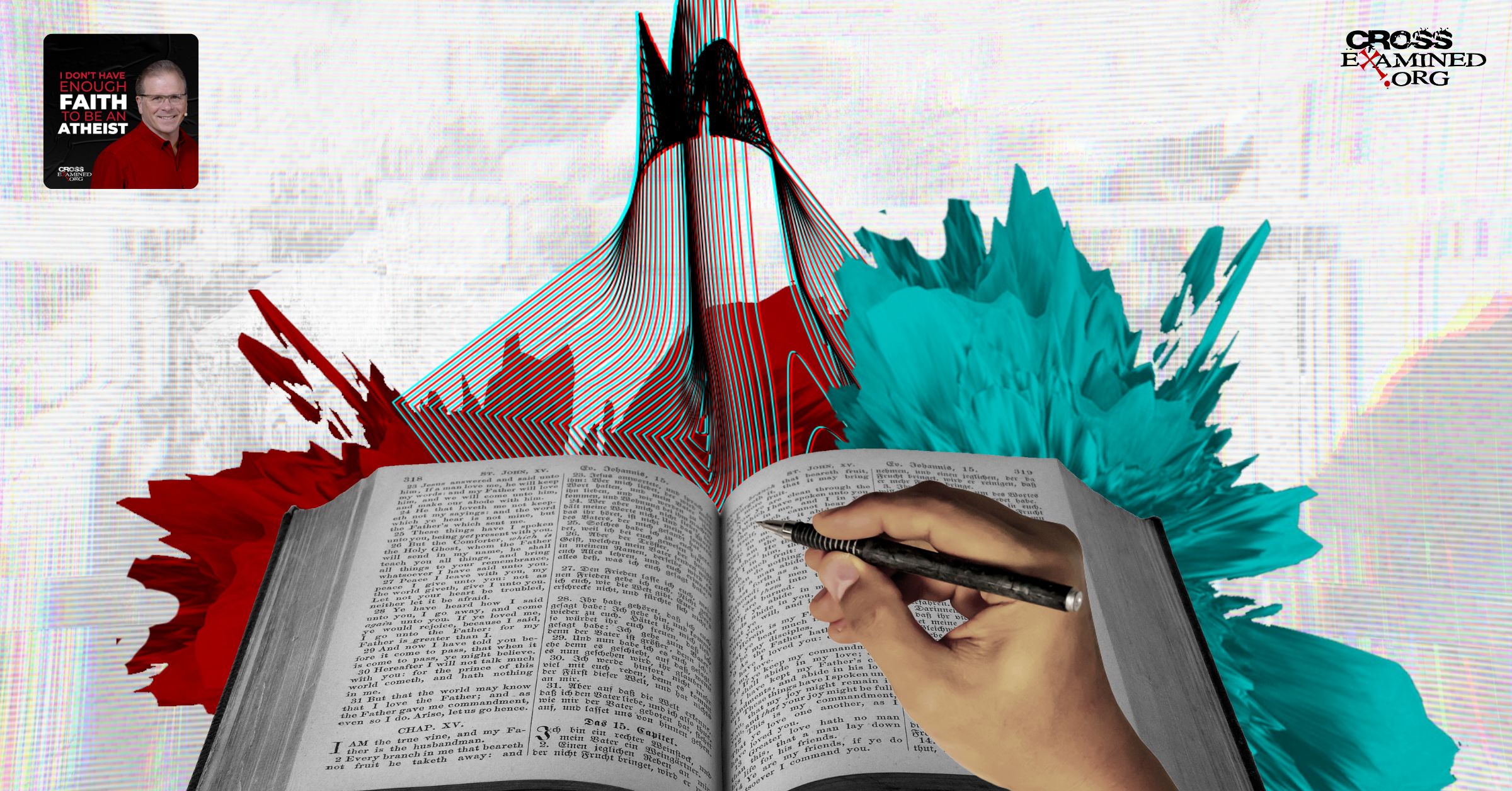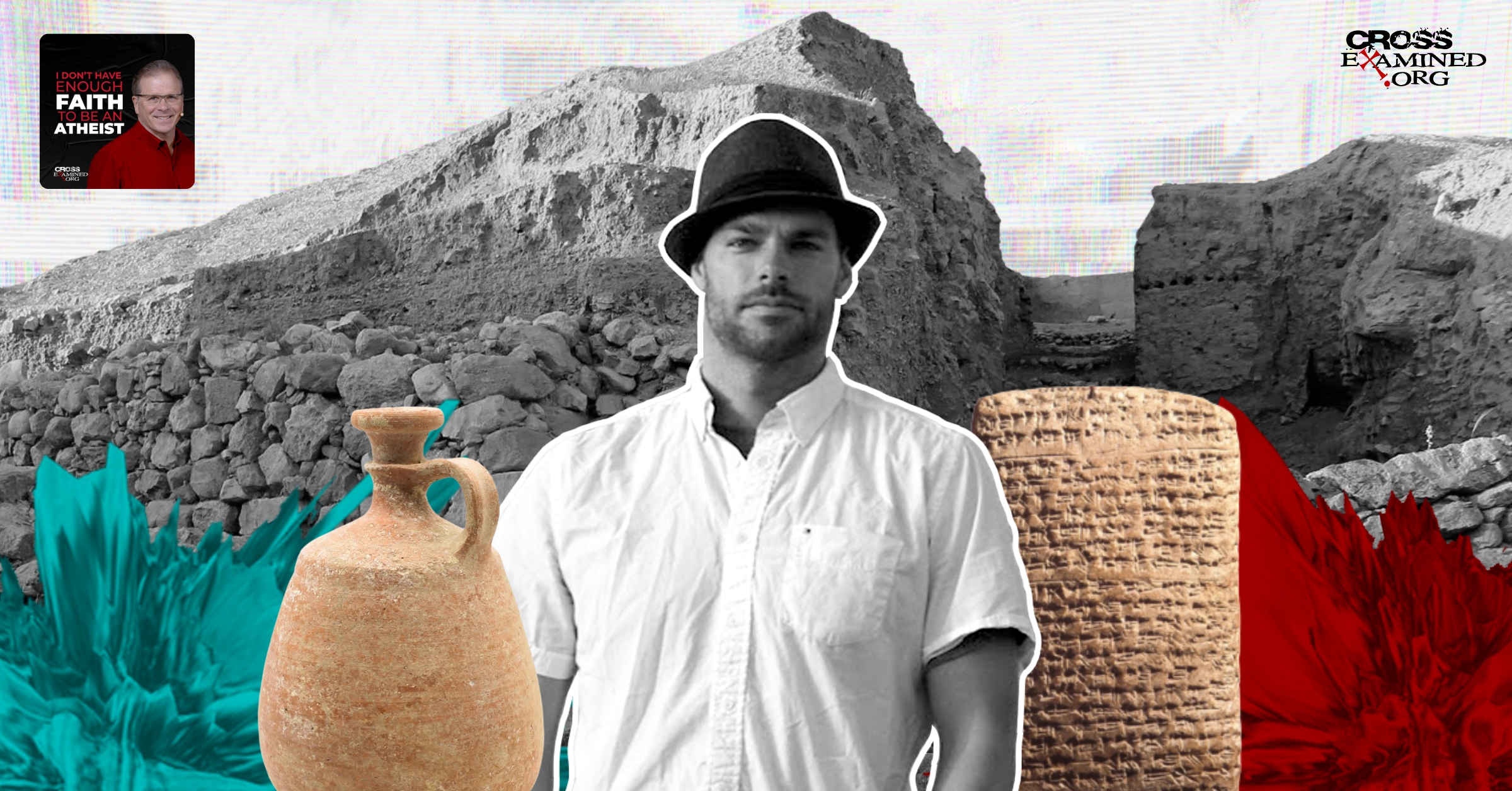Book Review: Another Gospel? by Alisa Childers
In my last blog post, I shared some of the most important books regarding cultural issues that I read in the year since the COVID lockdowns began in March 2020. While those books dealt with the culture at large, my next two reads focused on cultural and theological issues impacting the church: Confronting Injustice without Compromising Truth by Thaddeus Williams, and the book I am reviewing here Another Gospel?: A Lifelong Christian Seeks Truth in Response to Progressive Christianity by Alisa Childers.
Content
Another Gospel? follows the story of former ZOEgirl, Alisa Childers, as her orthodox Christian faith was challenged in a study group led by a progressive Christian pastor. In the first two chapters, Alisa sets the stage of her spiritual journey and traces the history of progressive Christianity from its roots in the emerging church to its current form. While progressive Christianity has no set dogma, its hallmarks are the rejection, or at least questioning, of core classical Christian doctrines, such as the deity of Christ, Jesus’s physical resurrection, and the divine nature of the Bible. This key aspect of progressive Christianity, the process of rejecting or questioning Christian doctrines, is known as deconstruction, “where all beliefs someone was raised with and had never questioned are systematically pulled apart” (7). Another Gospel? subsequently explores the deconstruction and reconstruction of Alisa’s faith.
Chapters three through eleven each tackle a main question or issue raised against classical Christianity. Most topics are intellectual, such as the authority of the Bible, while others are emotional, such as spiritual abuse and disdain for traditional biblical morality. Alisa shows how progressive Christianity has imbibed the spirit of the age in that it offers a more “tolerant” and “inclusive” Christianity. Yet, it does so by ignoring or outright rejecting much that the Bible and historical Christianity has taught for centuries.
The book closes with Alisa’s reconstruction. By seeking answers to the questions that the progressive pastor raised, Alisa’s faith in Christianity became stronger than before. This is also Alisa’s hope for those reading her book, that they will have confidence that Christianity—classical, traditional, orthodox Christianity—is really true.
Audience
The target reader of Another Gospel? is obviously someone who is in the same position in which Alisa found herself, a person wrestling with the questions and challenges of progressive Christianity. Alisa shows us the types of objections that are raised and how Christianity can fully answer them all. It’s important to note, however, that none of the topics discussed are specific to progressive Christianity. The objections to which Alisa responds are also commonly raised by skeptics and atheists, such as the reliability of the New Testament or the fairness of Hell. This shows us that there really are no new objections to Christianity (that haven’t already been answered) and that progressive Christianity itself isn’t new. It’s just skepticism and postmodernism posing as Christianity. So even if someone is not interested specifically in progressive Christianity, one will still find Another Gospel? to be a great, accessible apologetics resource.
But what about someone who is already well-studied in apologetics and theology? While many of the objections to which Alisa responds are standard apologetics fare, they are framed within the context of progressive Christianity. Alisa explores the tactics and methods by which progressive Christians cause others to doubt their childhood faith. Another Gospel? shows us the progressive Christian mindset, as well as the types of arguments for which a Christian should prepare when engaging progressive Christians. So, even Christians who are familiar with the objections raised in the book can still benefit from reading it.
Other Thoughts
Most importantly, Another Gospel? highlights just how dangerous progressive Christianity can be. As I mentioned above, many of the objections to which Alisa responds are the same objections of the typical skeptic. When challenged by a skeptic, though, a Christian may naturally know to keep up one’s guard, as the skeptic will be viewed as an opponent. But a progressive Christian may be viewed as a trusted friend, a brother or sister in Christ, and so the challenges raised will seem legitimate and not detrimental to one’s faith. This is the true danger of progressive Christianity. Another Gospel? is yet another reminder that challenges to Christianity do not always rise from outside, but also from within through wolves in sheep’s clothing (Matt. 7:15).
Conclusion
Alisa Childers has provided Christians an important resource for a growing challenge against the Church. She exposes progressive Christianity for what it is—a dangerous combination of skepticism and postmodernism that can easily destroy the faith of an uninformed Christian. Another Gospel? is a great safeguard against the objections raised by progressive Christians. Although Alisa grapples with difficult issues, she does so simply and clearly, making her book accessible to anyone, from apologetics veterans to laypersons. I highly recommend Another Gospel? by Alisa Childers to those concerned with the increasing influence of progressive Christianity within the Church, as well as to anyone who simply wishes for good answers to difficult questions.
Recommended resources related to the topic:
Jesus, You and the Essentials of Christianity by Dr. Frank Turek (INSTRUCTOR Study Guide), (STUDENT Study Guide), and (DVD)
How to Interpret Your Bible by Dr. Frank Turek DVD Complete Series, INSTRUCTOR Study Guide, and STUDENT Study Guide
__________________________________________________________________________________________________________________________________________________
Timothy Fox has a passion to equip the church to engage the culture. He is a part-time math teacher, full-time husband, and father. He has an M.A. in Christian Apologetics from Biola University as well as an M.A. in Adolescent Education of Mathematics and a B.S. in Computer Science, both from Stony Brook University. He lives on Long Island, NY with his wife and two young children.
Original Blog Source: https://cutt.ly/inxsLIT


